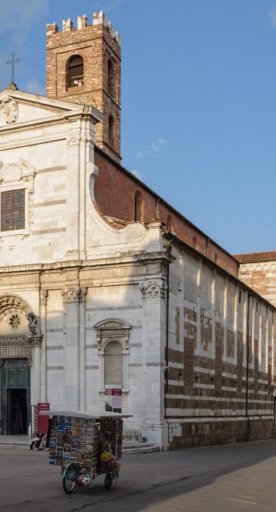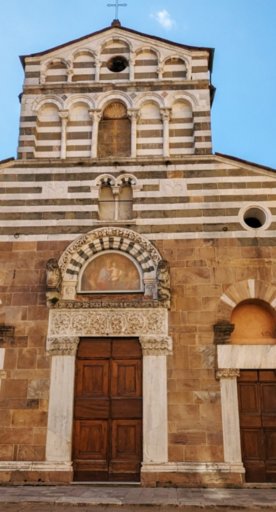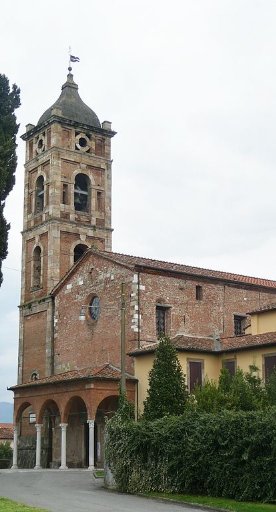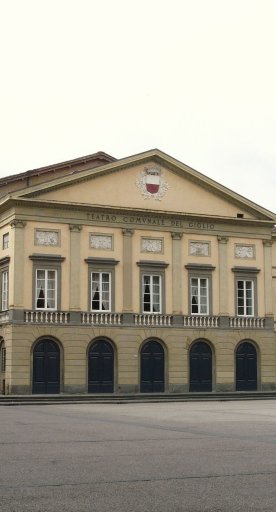Palazzo Pfanner
A historic villa, one of the first breweries in Italy, and a film set
Palazzo Pfanner is an elegant Renaissance residence located in the historic centre of Lucca, not far from the fortified walls and the medieval beauties of the city. Occurences at the villa have seen it pass from family to family, and it began to be built in the second half of the 17th century on commission from the Moriconi family who were rich silk merchants, who it was soon sold due to a sudden economic failure, thus passing into the hands of the Controni in 1680. Only later did the residence become the property of the Pfanner family.
After the purchase of the building by the Contorni family, the extension works began. The monumental stone staircase that leads into the central hall was most likely designed by Domenico Martinelli, an architect known for his works abroad, particularly in Vienna and Prague. The richly decorated rooms of the villa have frescoed walls with perspective and quadraturist paintings.

In the early 18th century, the redevelopment of the outdoor spaces was entrusted to Filippo Juvarra, who transformed them into a wonderful Italian Baroque garden. The linear paths separate the different areas of the garden, structured in geometric shapes. Inside, there are seasonal and centuries-old plants, trees, flowers, a lemon house and a bamboo grove. Among the lush vegetation is a fountain, as well as numerous statues inspired by Greek mythology.
The role of the building changed around the mid-19th century when the Austrian brewer Felix Pfanner installed the first brewery in the Duchy of Lucca, as well as one of the first in Italy. He gradually bought the entire residence, organizing meetings and tastings in the garden.
The brewery closed its doors in 1929, but the building remained - and still is - owned by the Pfanner family. Among the rooms that can be visited, several are dedicated to hosting a permanent exhibition of medical-surgical instruments that belonged to Pietro Pfanner, while from the garden you can enjoy a beautiful view of the bell tower of the Basilica of San Frediano.
Due to its notable visual impact, Palazzo Pfanner and its garden have been used as a film set several times, appearing in films such as Il Marchese del Grillo (Mario Monicelli, 1981) and Portrait of a Lady (Jane Campion, 1996).










